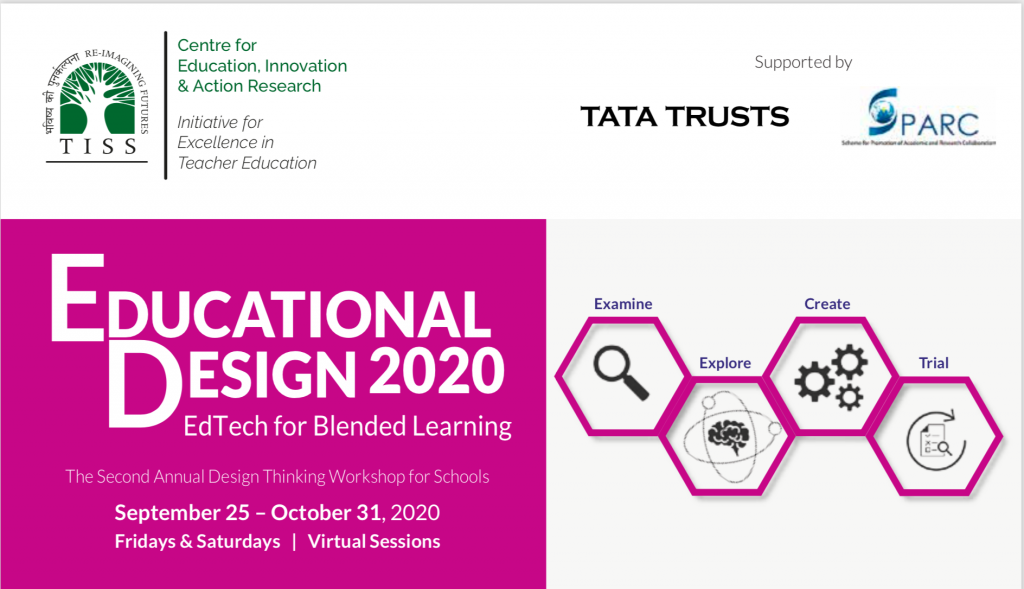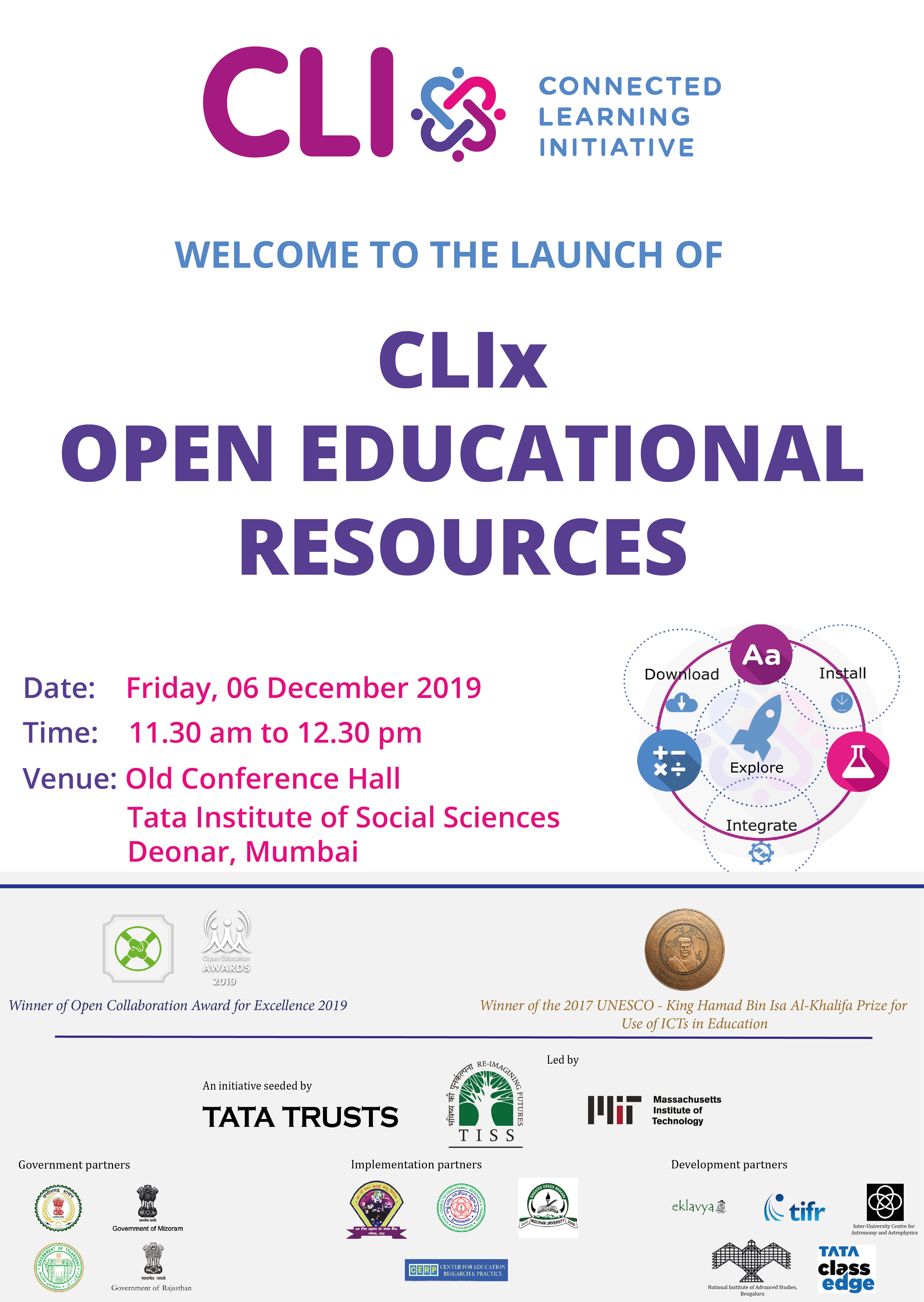Project Description
The National Curriculum Framework (2005) position paper on Science education espouses an active learning process to develop inquiry skills and conceptual understanding of science topics. The CLIx Science classroom combines lively engagement between students and teachers with fundamental science concepts, real-world experiments and thoughtful integration of innovative technology, allowing them to “see the unseen” and make connections between the subject matter and the real world they inhabit – in a playful, collaborative, yet rigorous way.
Nine exemplar modules are being developed through field trials with students and teachers. Currently three units for Grade 9 (Kinematics, Atomic structure, Ecology) are under way.
I join the team as a curriculum and game/activity designer, and will spend most of my time helping to design learning materials. I look forward to collaborating with the India team.
- BA, Yale University. American Studies.
- Ed.M, Harvard Graduate School of Education. Technology Innovation and Education (TIE)

Shamin Padalkar
Assistant Professor & Lead-Science, Centre of Excellence in Teacher Education (CETE), TISS
For my doctoral project I developed a pedagogy for elementary astronomy with a focus on visuospatial thinking. As a Postdoctoral Fellow at UCSB I designed and tested an intervention to improve representational competence of undergraduate students in steriochemistry. I now work on TPD for CLIx Science and also closely follow the development of the Science curriculum.
- Ph.D (2011), Homi Bhabha Centre for Science Education, Tata Institute of Fundamental Research. Science Education.
- M.Sc (2004), Dept. of Physics, University of Pune. Physics.
- B.Sc (2001), Rajaram College, Kolhapur. Physics.
My research interest is in the area of educational technology in general and the role of computer-mediated collaboration in education in particular. We are comparatively studying two environments, one with computer-mediated group interaction and the other with one-to-one interaction with the computer. We are trying to understand the processes involved in learning in both environments. I’m also interested in approximate number system (ANS) and its connection with formal mathematics. As a part of Science Team at CLIx, I am working on the Basic Astronomy Module. I am helping in revising the student module, collecting and analyzing the data and writing research reports.
- Ph.D (current), Homi Bhabha Centre for Science Education, Tata Institute of Fundamental Research. Role of Instant Sharing in Learning.
- M.Sc (2009), Yashwant College, SRTM University, Nanded. Microbiology.
- B.Sc (2006), Botany, Chemistry from Shivaji College, SRTM University, Parbhani. Microbiology.
I join the team as a curriculum and game/activity designer, and will spend most of my time helping to design learning materials. I look forward to collaborating with the India team.
- BA, Yale University. American Studies.
- Ed.M, Harvard Graduate School of Education. Technology Innovation and Education (TIE)
My research interest is in the area of educational technology in general and the role of computer-mediated collaboration in education in particular. We are comparatively studying two environments, one with computer-mediated group interaction and the other with one-to-one interaction with the computer. We are trying to understand the processes involved in learning in both environments. I’m also interested in approximate number system (ANS) and its connection with formal mathematics. As a part of Science Team at CLIx, I am working on the Basic Astronomy Module. I am helping in revising the student module, collecting and analyzing the data and writing research reports.
- Ph.D (current), Homi Bhabha Centre for Science Education, Tata Institute of Fundamental Research. Role of Instant Sharing in Learning.
- M.Sc (2009), Yashwant College, SRTM University, Nanded. Microbiology.
- B.Sc (2006), Botany, Chemistry from Shivaji College, SRTM University, Parbhani. Microbiology.
Biology
The modules follow a blended design including classroom activities, project work, lab activities and hands-on experimentation, data collection and the use of educational technology for data analysis, educational games and simulations. A module on Ecology is being developed.
Chemistry
The CLIx Chemistry module currently being developed covers concepts related to atomic theory from more than one chapter in the standard textbooks. It gets students to do various experiments, play around with suitable simulations that bring alive the abstract idea of atoms and molecules in ceaseless motion undergoing different reactions and grapple with a game that helps them to think about the proportionate nature of the chemicals taking part in reactions.
Physics
The CLIx Physics team is developing a module on Motion for class IX, focusing on kinematics. The goal is to put together a set of activities and games that will help students learn and engage with Physics, allowing them to understand how motion may be expressed using tools and graphs and then further analysed through experiments and equations. The module will make connections with the local environment.






Comments are closed.